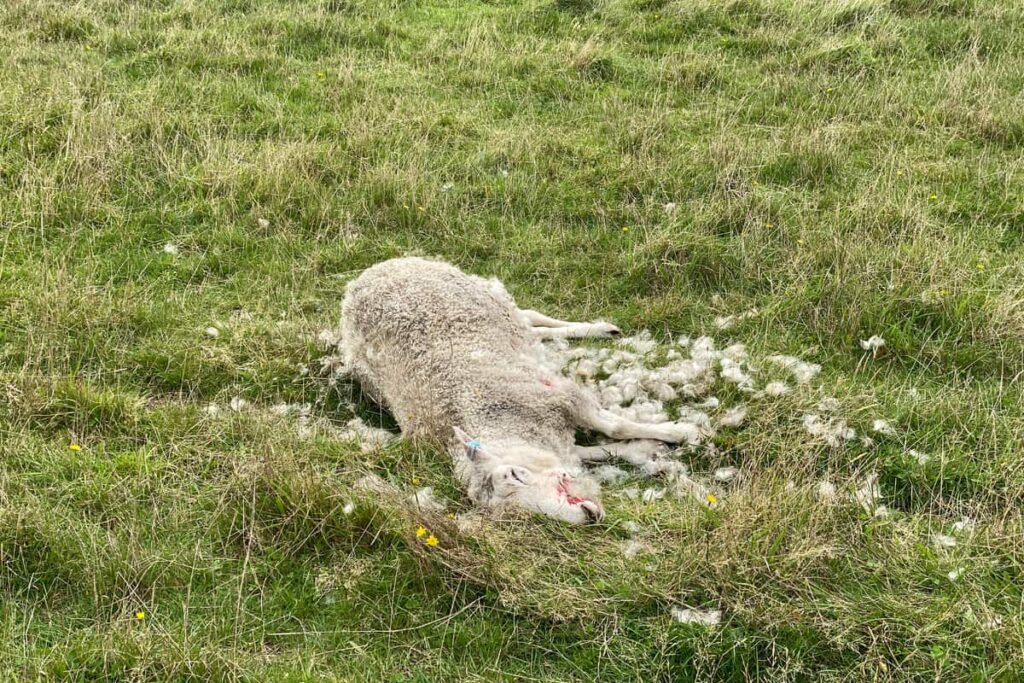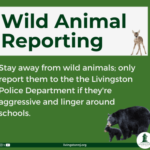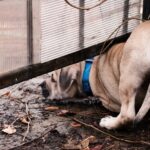What to Do If You Find a Dead Animal in Your Backyard
Finding a dead animal in your backyard is not only unpleasant but also potentially hazardous. Whether it’s a small bird or a larger mammal, addressing the situation promptly and correctly is crucial to protect your health and maintain your property. This guide from MyTopDeals10.com will walk you through the steps for safe handling, proper disposal, and preventing future incidents.
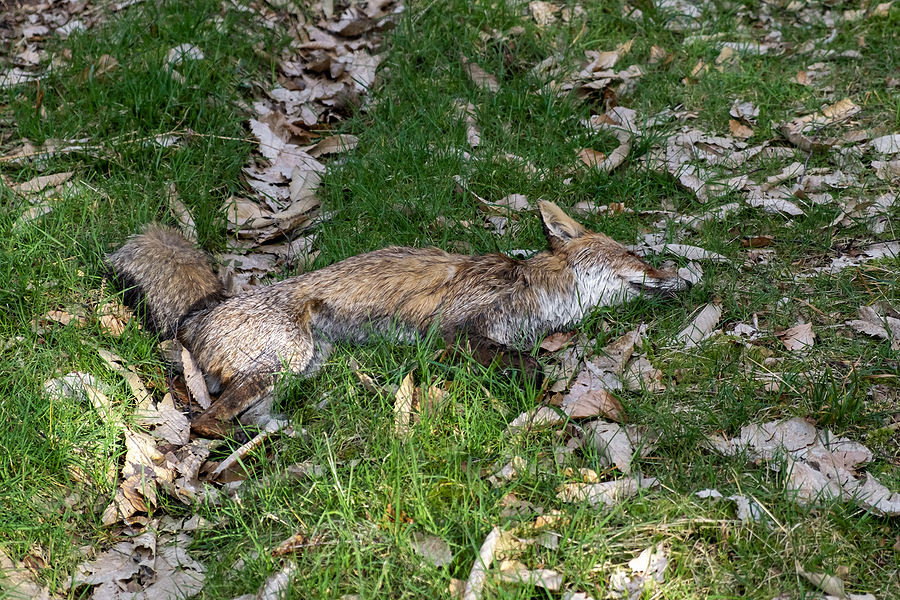
Understanding the Situation
Why It’s Important to Act Quickly
A dead animal can be more than just an eyesore—it can pose serious health risks. The carcass may harbor parasites like fleas and ticks, as well as harmful bacteria that could spread diseases. Furthermore, it may attract scavengers, exacerbating the problem.
Assessing the Condition of the Animal
Before proceeding, it’s vital to assess the situation:
- Fresh carcasses: Require immediate removal to prevent further contamination.
- Decomposed remains: May necessitate different handling methods, such as contacting professionals.
Remember, determining whether the animal is a wild creature or a lost pet can inform your next steps.
Tip: If the animal appears to be a pet, try checking for a collar or tag and notify local authorities or veterinarians.
Safety Measures to Protect Yourself
When handling a dead animal, safety should always come first. Direct contact can expose you to harmful pathogens, so follow these precautions:
- Wear gloves and protective clothing to avoid skin contact.
- Use tools like a shovel to handle the carcass instead of your hands.
- After handling, sanitize all tools and wash your hands thoroughly with soap and warm water.
Pro Tip: Have disposable gloves, garbage bags, and disinfectant ready as part of your backyard essentials.
Methods for Dead Animal Disposal
Disposing of a dead animal requires careful consideration of local regulations and health guidelines. Below are your main options:
1. Contacting Professionals
Hiring a wildlife removal service is the safest and most effective option, especially for large or decomposed animals. Professionals ensure proper disposal while minimizing health risks.
Explore this trusted service: Found My Animal. Don’t forget to use our discount code: mytopdeals10 to save 10%!
2. Burying the Animal
Burying is a common method for small animals. However, there are essential considerations:
- Dig a hole at least two feet deep to prevent scavengers from digging it up.
- Wrap the carcass in a biodegradable bag or place it in a box to maintain hygiene.
- Ensure you adhere to local regulations regarding burial.
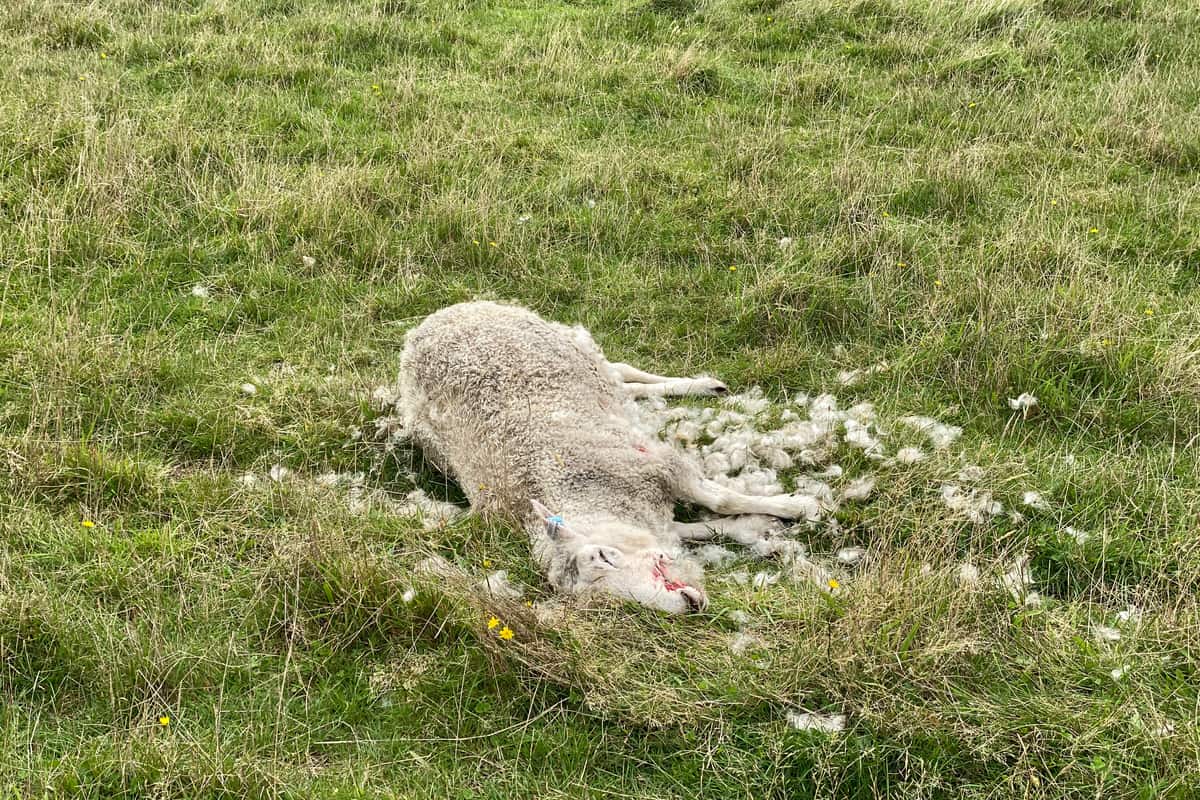
3. Composting
For those with adequate space, composting offers an eco-friendly solution. This involves allowing the carcass to decompose in a designated area, ensuring it’s well away from frequently visited spaces. However, this method may not be suitable for everyone due to the odor and time involved.
4. Incineration
If you have access to an incinerator, cremation is a safe and environmentally sound choice. This method ensures complete disinfection and eliminates odor. For those without access to personal incinerators, some local animal control services provide this option.
5. Landfill or Garbage Disposal
For smaller animals like rodents or birds, regular garbage disposal may be permissible. Ensure the carcass is double-bagged to prevent leaks and odors. Always check with your local waste management services for approval.
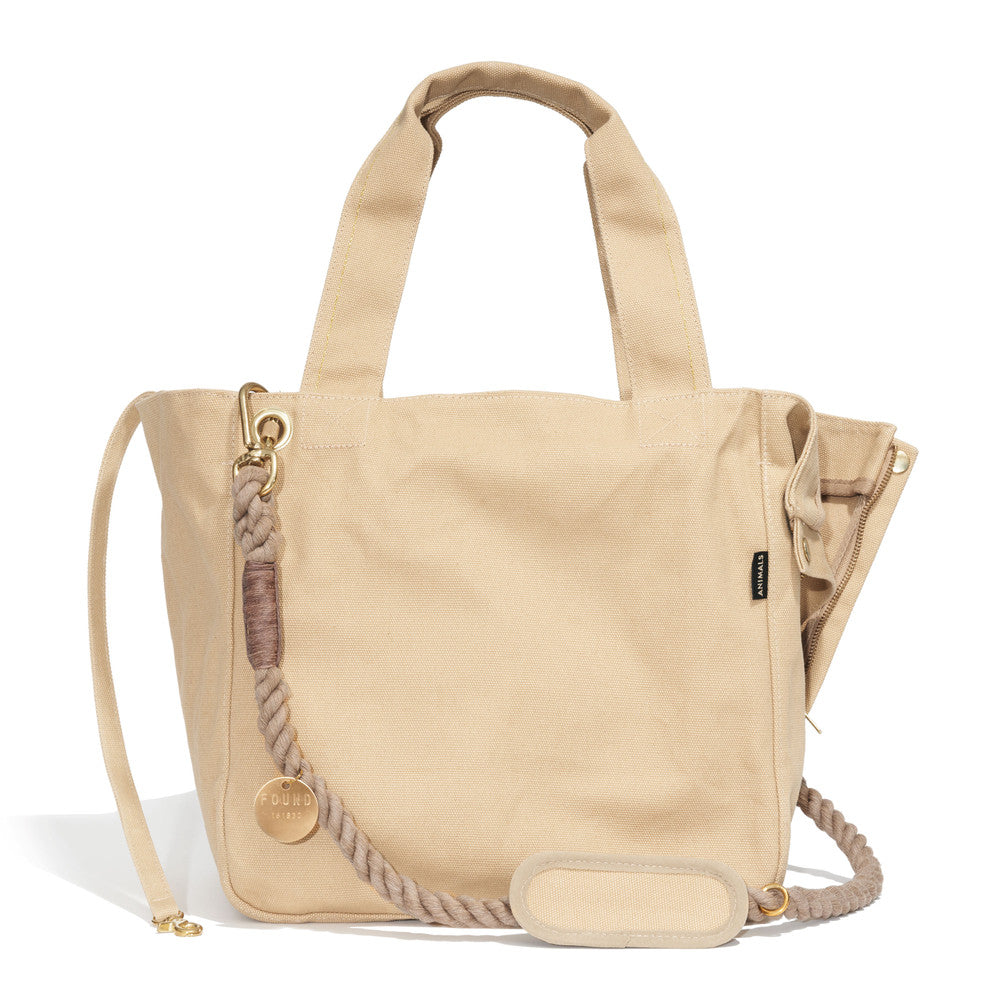
Preventing Future Incidents
To reduce the likelihood of finding dead animals in your yard, consider these preventive measures:
Animal-proof your backyard:
- Secure garbage bins.
- Remove fallen fruit and pet food.
- Trim bushes and install motion-activated lights.
Monitor and report patterns:
If you notice recurring issues, such as multiple carcasses in the same area, contact local wildlife authorities to investigate potential causes, like poison or disease outbreaks.
Investing in a secure outdoor space can significantly lower the risks of future incidents.
Stay tuned for the next section, where we’ll dive into frequently asked questions and real-life stories of effective animal removal. Ready to take action? Visit Found My Animal now and use discount code: mytopdeals10 for a 10% discount on wildlife removal services!
What Not to Do When You Find a Dead Animal
Addressing the situation with care is critical, but equally important is knowing what to avoid. Missteps can lead to safety hazards and exacerbate problems. Here’s what not to do:
Do not touch the carcass with bare hands.
- Direct contact can expose you to harmful bacteria and parasites. Always use gloves and tools.
Avoid delay.
- Leaving a dead animal unattended can lead to foul odors, attract scavengers, and increase the risk of disease spread.
Don’t ignore local regulations.
- Some municipalities have strict rules about animal disposal. Always check before burying or disposing of carcasses in the trash.
Refrain from using unapproved chemicals.
- Harsh chemicals might seem effective for cleaning, but they can harm the environment and local wildlife.
By keeping these don’ts in mind, you’ll ensure a safe and responsible response.
Real-Life Stories of Effective Handling
Sometimes, the most valuable lessons come from those who’ve dealt with similar situations. Here are a couple of real-life examples:
The Suburban Cleanup
One homeowner in a suburban neighborhood noticed a growing odor in her backyard. Upon finding a dead raccoon near her shed, she immediately contacted a professional wildlife removal service. The professionals safely removed the carcass, disinfected the area, and provided advice to prevent future incidents.
Eco-Friendly Composting in Action
A small farm owner found a deceased bird near her property. As an advocate for sustainability, she opted for composting in a dedicated area far from her house. Within months, the composted remains enriched her soil, turning an unpleasant situation into a positive outcome for her garden.
These stories highlight the importance of choosing the right solution for your specific circumstances.
Frequently Asked Questions (FAQs)
1. Can I handle a dead animal myself?
Yes, you can handle small animals like birds or rodents, provided you follow safety guidelines: wear gloves, use tools, and dispose of the carcass responsibly. For larger animals, it’s best to call professionals like Found My Animal.
2. What are the health risks associated with dead animals?
Dead animals can carry harmful pathogens, parasites, and bacteria. Improper handling can lead to exposure to diseases like salmonella, leptospirosis, or even tick-borne illnesses.
3. Is it illegal to bury a dead animal in my backyard?
Laws vary by location. Some areas permit backyard burial, while others require specific depths or prohibit it entirely. Check with your local municipality before proceeding.
4. How do I prevent wild animals from entering my yard?
Secure trash bins, trim bushes, and use motion-activated lights. Keeping food indoors and cleaning up fallen fruit can also deter wildlife.
5. Can I use composting for all types of animals?
Composting is best suited for small animals. Ensure the area is well-ventilated, far from common spaces, and follow guidelines to manage odor and decomposition.
Take Action Today
By following these steps, you can manage dead animal removal safely and effectively while minimizing health risks. Whether you’re handling a small bird or need help with a larger animal, taking action promptly is critical.
If you’re unsure or dealing with a challenging situation, contact professional services for peace of mind. Visit Found My Animal and use the exclusive discount code: mytopdeals10 for 10% off wildlife removal services.
Act now to ensure the safety and cleanliness of your property.
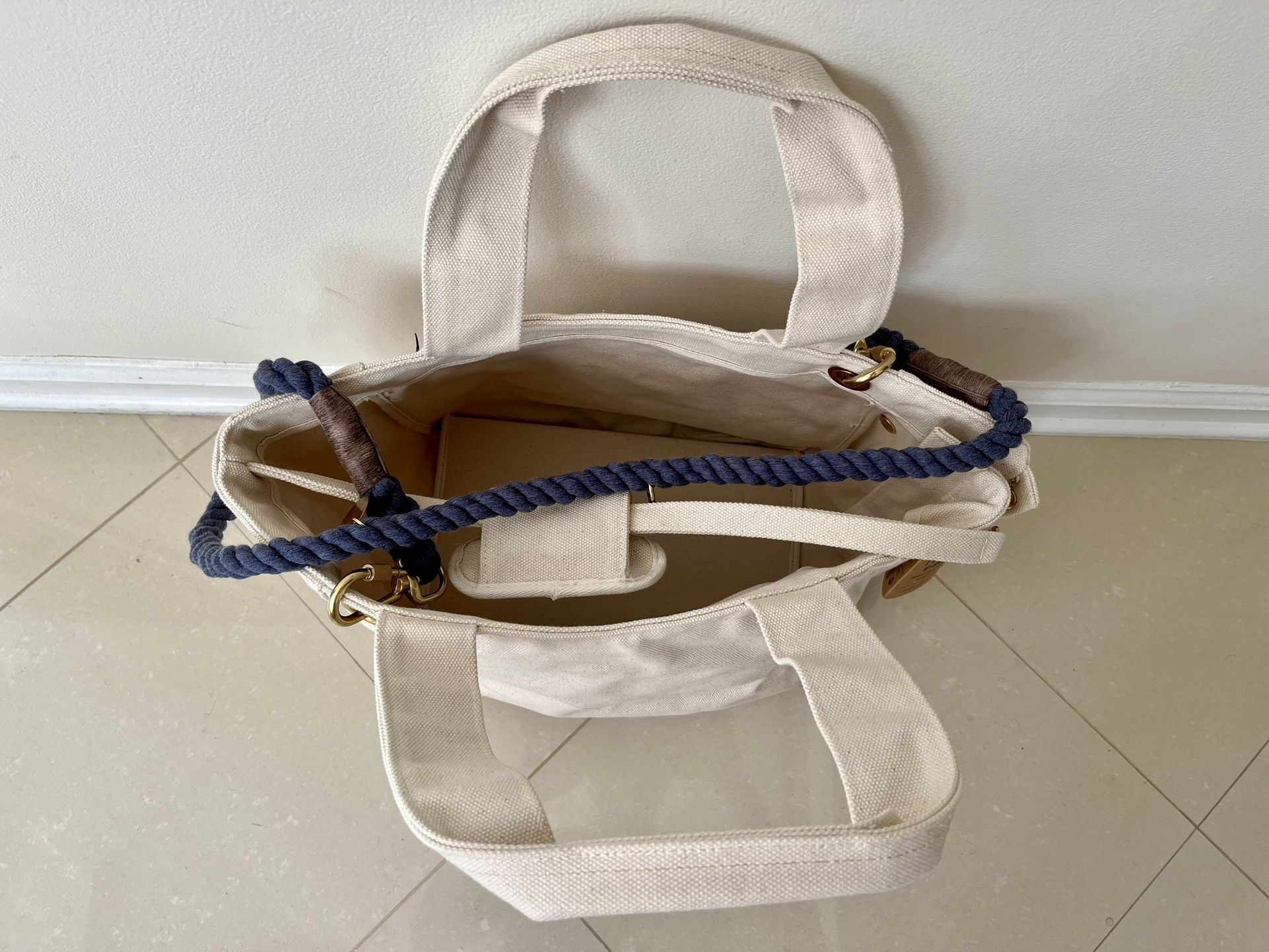
Conclusion
Dealing with a dead animal in your backyard is undoubtedly unpleasant, but with the right knowledge and tools, you can handle it safely. By acting quickly, using proper safety measures, and considering professional services when needed, you’ll protect your health and maintain a clean, secure outdoor space.
Don’t wait until it’s too late—bookmark this guide and keep it handy. Remember, Found My Animal is here to help with professional services, and discount code: mytopdeals10 ensures you save while solving the problem effectively.
Let’s turn challenges into manageable solutions—together.

